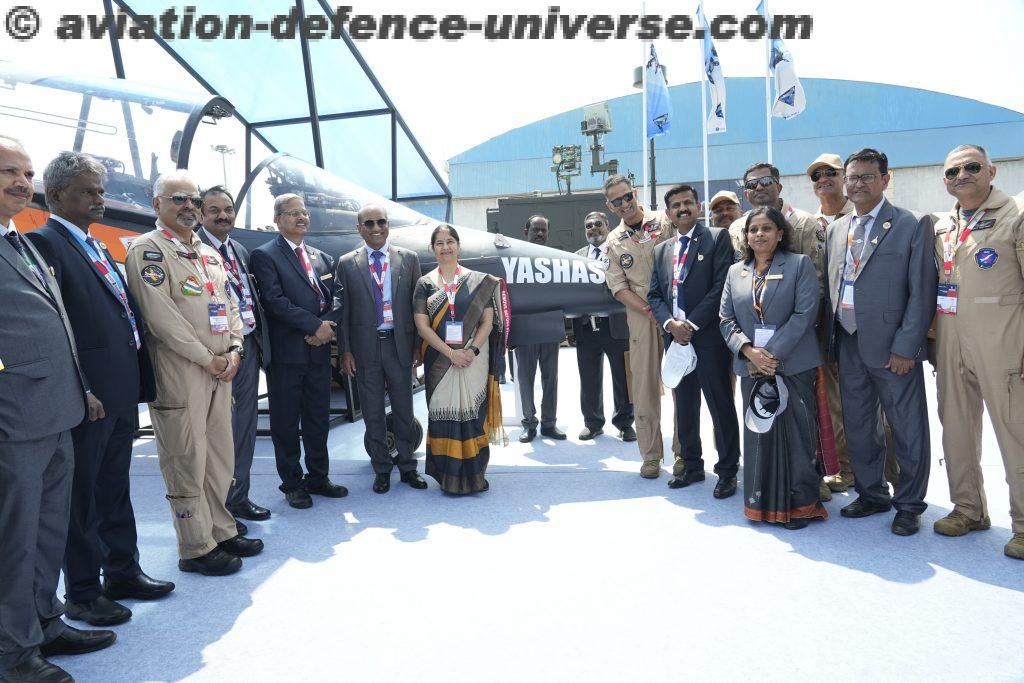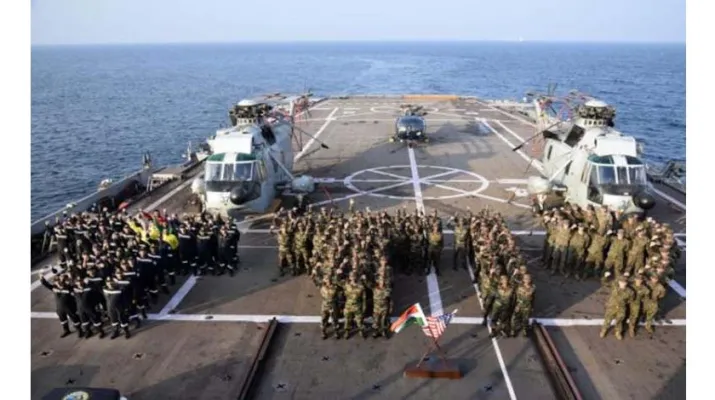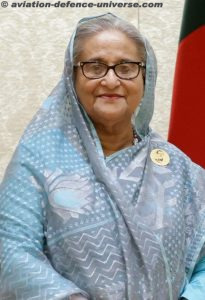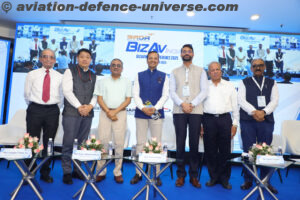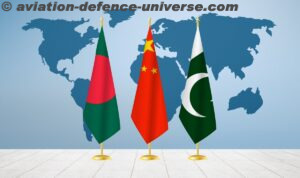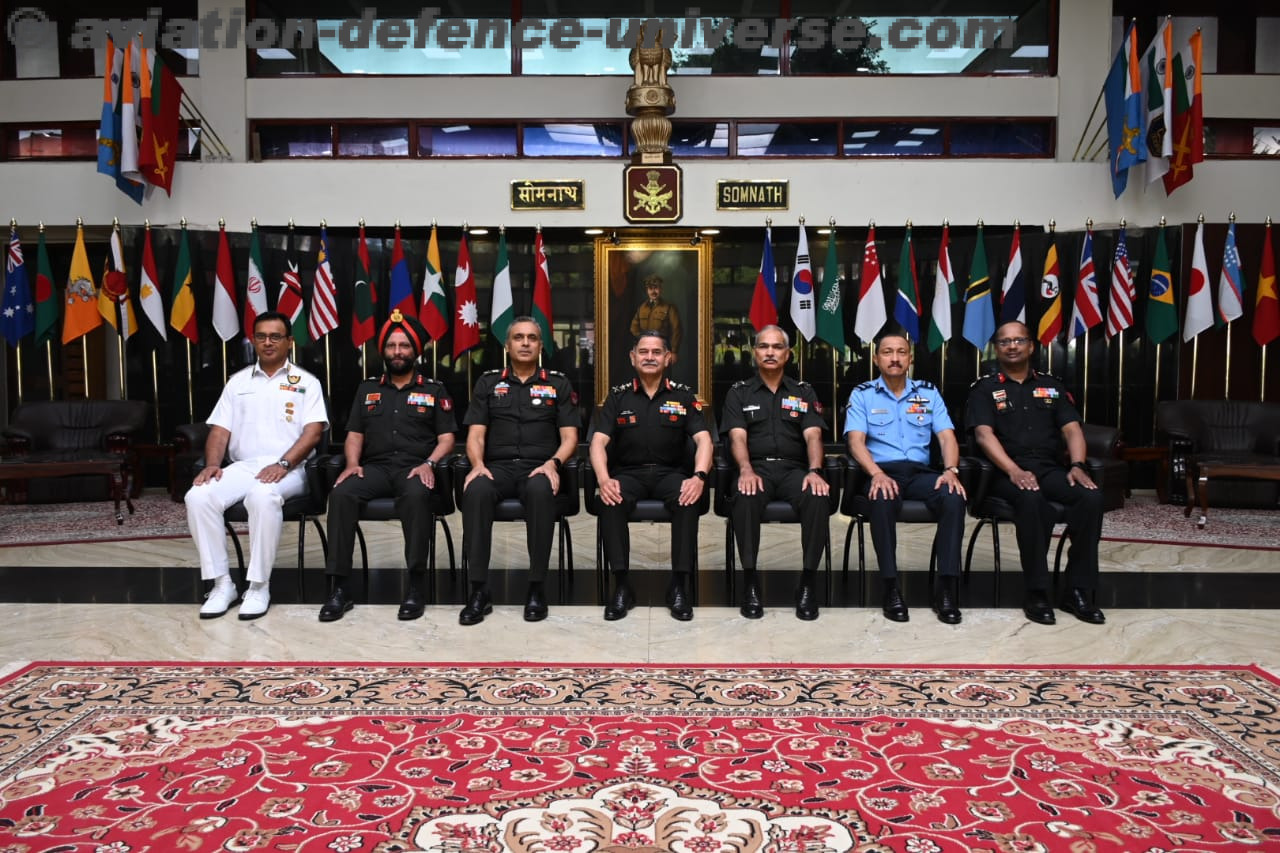- Pro-India ruling party re-elected for 5 years
- Friendship between the two leaders & nations to rule relations
By Jai Kumar Verma

New Delhi. 24 January 2024. An old Indian adage says that an individual or a country is considered big when the number of it’s critics becomes huge and list of adversaries long. And India is definitely an example to prove this dictum. Be it the region or neighbourhood, political parties have taken refuge under the anti-India campaign to gain their political mileage and increase the follower base. Majorly opposition camps to the ruling parties have adhered to this political and electoral strategy. The latest to join the bandwagon is Bangladesh’s opposition Bangladesh Nationalist Party (BNP), which has boycotted the recently held General Elections in the country, as its unconstitutional demand that the elections should be held under the caretaker government was not accepted. Tarique Rahman the acting chairman of the BNP and son of Ziaur Rehman and Khaleda Zia had initiated “India Out” campaign. The BNP took the idea of the movement from Maldives. President Dr. Mohamed Muizzu who is the 8th President of the Republic Of Maldives took oath of the office on 17th November 2023. He is Pro China and anti-India and was extremely active in “India out” campaign in Maldives. India’s good friend and ally Sheikh Hasina won the historic election for the fifth time. She alleged that BNP is a terrorist organisation, and she would strive for democracy to remain strongly entrenched in the governance of the country.
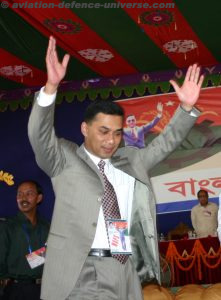 London based Tarique Rahman commenced the campaign and gave a call to boycott Indian products. Rahman adopted this strategy as the following of BNP has declined considerably despite of having been a popular party. It’s followers have considerably lessened in numbers after it lost elections in 2009. The party as a tactic boycotted the general elections but could not obtain the public support and its performance in 2019 elections declined. BNP and its associate parties are also using social media to accuse India and Awami League. It may be recalled that this has historically been its political strategy. BNP is an anti-India and pro Pakistan party. Major General Ziaur Rahman was first a Pakistani and then a Bangladeshi military officer. He was the President of Bangladesh and was founder and Chairman of BNP which was founded in 1978 after assassination of Sheikh Mujibur Rahman in 1975. Gen Zia an anti-India and anti-Hindu, was aligned towards Pakistan’s ideology. He wanted to lessen India’s influence hence developed Dacca’s relations with U.S., Europe, Middle East, and Africa. He also normalised relations with Islamabad. He amended the constitution and made Islamic religious education compulsory for Muslim students. BNP is an anti-India and anti-Hindu party since its inception and the present “India Out” campaign should be seen in this light.
London based Tarique Rahman commenced the campaign and gave a call to boycott Indian products. Rahman adopted this strategy as the following of BNP has declined considerably despite of having been a popular party. It’s followers have considerably lessened in numbers after it lost elections in 2009. The party as a tactic boycotted the general elections but could not obtain the public support and its performance in 2019 elections declined. BNP and its associate parties are also using social media to accuse India and Awami League. It may be recalled that this has historically been its political strategy. BNP is an anti-India and pro Pakistan party. Major General Ziaur Rahman was first a Pakistani and then a Bangladeshi military officer. He was the President of Bangladesh and was founder and Chairman of BNP which was founded in 1978 after assassination of Sheikh Mujibur Rahman in 1975. Gen Zia an anti-India and anti-Hindu, was aligned towards Pakistan’s ideology. He wanted to lessen India’s influence hence developed Dacca’s relations with U.S., Europe, Middle East, and Africa. He also normalised relations with Islamabad. He amended the constitution and made Islamic religious education compulsory for Muslim students. BNP is an anti-India and anti-Hindu party since its inception and the present “India Out” campaign should be seen in this light.
His wife Khaleda Zia also served as Prime Minister of Bangladesh from March 1991 to March 1996 and from June 2001 to October 2006. When General Zia was President and Khalida Zia was Prime Minister, the country’s relations with Pakistan were cordial. There are reports that Inter Services Intelligence (ISI) of Pakistan was using the territory of Bangladesh for training Indian insurgents. BNP is labelled as a “Tier-III Terrorist Organization” by various US courts. BNP’s ideological allies are Hefazat-e-Islam (HeI) which wants to establish Caliphate world over and Jamaat-e-Islami (JeI) which is known for its radical views. JeI is anti-India as well as anti US and in the past has burnt US flags and chanted anti India and anti US slogans. The BNP supporters chant slogans like “India is not a friend of Bangladesh” and “India is destroying Bangladesh” and through these slogans BNP and JeI supporters are trying to generate anti India feelings not only in Bangladesh but also in Nepal. The “India Out” campaign is initiated by Tarique Rahman a convicted terrorist who directed BNP workers to incite not only anti-India but also anti-Hindu sentiments in the country. The Cyber cell of BNP is concocting incidents and putting them on social media to incite anti-India and anti-Hindu feelings.
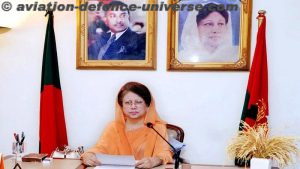 Few Bangladesh newspapers criticised Tarique Rahman for spreading anti-India and anti-Hindu feelings in the country. Some BNP workers are also alleging that “India has never been friend of Bangladesh”, not even in 1971, when the Indians looted the valuables of Bangladesh. They also reiterate that Indian products boycott should be announced and implemented. Few comments also circuitously suggested that houses of Hindus in Bangladesh, as well as the companies which are trading in Indian goods should be burnt. BNP supporters also alleged in social media that if anyone criticises India then he or she is branded as Jihadists or extremists, while India advocates Hindu extremism. There are reports that Rahman told BNP workers to contact Ataullah Abu Ammar Jununi, chief of Arakan Rohingya Salvation Army (ARSA) and extend financial assistance to him so that he can organise terrorist attacks inside India. The terrorist attacks can be organised against important and strategic installations, media houses as well as on Bhartiya Janata Party (BJP) offices.
Few Bangladesh newspapers criticised Tarique Rahman for spreading anti-India and anti-Hindu feelings in the country. Some BNP workers are also alleging that “India has never been friend of Bangladesh”, not even in 1971, when the Indians looted the valuables of Bangladesh. They also reiterate that Indian products boycott should be announced and implemented. Few comments also circuitously suggested that houses of Hindus in Bangladesh, as well as the companies which are trading in Indian goods should be burnt. BNP supporters also alleged in social media that if anyone criticises India then he or she is branded as Jihadists or extremists, while India advocates Hindu extremism. There are reports that Rahman told BNP workers to contact Ataullah Abu Ammar Jununi, chief of Arakan Rohingya Salvation Army (ARSA) and extend financial assistance to him so that he can organise terrorist attacks inside India. The terrorist attacks can be organised against important and strategic installations, media houses as well as on Bhartiya Janata Party (BJP) offices.
“India Out” campaign is a desperate political strategy of BNP to remain relevant in the country’s politics. It blames international media and claims that it is spreading disinformation campaign about the internal politics of the country. “India Out” campaign is using various accounts of social media to boycott Indian products. One Doctor Pinaki Bhattacharya who runs a widespread YouTube channel gave call to boycott all Indian products and give a stern message to India that the country supported Prime Minister Hasina for coming to power through dishonest methods. Bhattacharya is of communist ideology and opposes Awami League. He strongly stated that Bangladeshis should also stop going to India for any purpose including medical, educational or for tourism.
In Awami League the secularists, pro-liberation workers and democrats criticise Sheikh Hasina for creating 560 ideal Mosques Islamic Cultural Centres and not implementing 1972 constitution. These elements claim that India should push Begum Hasina to remain secular. These elements allege that present Indian government is more business oriented and deviating from the ideology and principles. These idealists claim that the appointment of business tycoon Salman F Rahman as Hasina’s adviser and Hasan Mahmud as Foreign Minister indicates that Sheikh Hasina is sliding towards Islamic agenda. Bangladesh watchers also claim that although Beijing supported Hasina, but opposition parties are silent over the issue of boycotting Chinese Products. Bangladesh is reeling under pressure of Chinese loan repayment, as energy prices are enhancing and could destabilise economy of Bangladesh.
Bangladesh watchers assert that anti-India feelings are increasing in Bangladesh as India is supporting Sheikh Hasina. The Islamic fundamentalist parties paint Bhartiya Janta Party (BJP) as anti-Muslim. BNP alleges that AL is in power from last 15 years in Bangladesh because of support of India. They claim that India should not support a particular person or party, but Delhi should support the country, because if AL loses the election and BNP comes to power Dacca would become pro-Chinese like Maldives. The India baiters also allege that there is widespread Indian influence in the internal politics, national security as well as on the economy of the country. The opposition parties including BNP are losing ground while the popularity of Awami League is enhancing. ‘India Out’ campaign is part of opposition strategy to malign Sheikh Hasina, Awami League as well as India. The opposition parties, anti-India elements, Islamic fundamentalists, pro Pakistan all are united. The Inter-Services Intelligence (ISI) of Pakistan as well as China are assisting these forces as they want to downgrade India’s influence in the country. USA which does not like an influential leader like Sheikh Hasina is also opposing her.
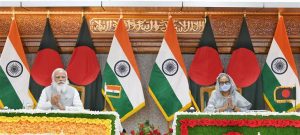
The economy of the country is strengthening, and Bangladesh has become India’s biggest trading partner in the sub-continent. In July 2023 both Delhi and Dacca have started trade transaction in rupees so that their dependence on US dollars can be reduced. There are few unresolved issues between India and Bangladesh including sharing of river waters as both countries share 54 common rivers but there are only two agreements. Illegal migration is another important issue and after infiltration of Rohingyas the issue became more complicated. There are cases of drug smuggling and human trafficking between both the countries. India is also concerned about the growing Chinese influence and rising Islamic fundamentalism in the country. Both the country leaderships and governments are trying to work towards solving these issues.
The present ‘India Out’ campaign would not be a great success as the 78 years old Khailda Zia Chairman of BNP is not only under house arrest; she is critically ill and also undergoing 17-year prison sentence awarded in 2020. The acting chairman Tarique Rahman is in London hence there is vacuum in the top leadership of the party. The sentence was awarded on two graft charges about misappropriation of funds of an orphanage which decreases her image as a corrupt politician. The economy of the country is strengthening, and it should become a developing country in 2026, hence it would be difficult for the opposition parties to mobilise the masses. When BNP was in power Bangladesh became closer to Pakistan, radicalisation had enhanced in the country which was not liked by democratic and secular forces. There are strong India supporters in the country and the public understands that the opposition’s ‘India Out’ campaign is a desperate political strategy to win public support.
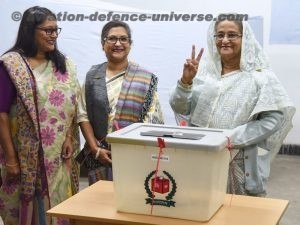
However, both countries should make a joint task force so that drug smuggling and human trafficking can be curbed. Indian security forces should give special attention so that Rohingya do not cross border and come to India. The security forces should share intelligence and there can be joint operations against the smugglers and drug traffickers. There should be smart border management where artificial intelligence can also be used. Politically Bangladesh will remain stable for next five years for sure and its relationship with India would be strong. India is also going to vote for a new central government which will remain in power for the next five years. Together the two leaders and governments should be able to look into the stability and strength of the region.
(Jai Kumar Verma is a Delhi-based strategic analyst and member of United Services Institute of India and The Manohar Parrikar Institute for Defence Studies and Analyses. The views in the article are solely the author’s. He can be contacted at editor.adu@gmail.com)


















